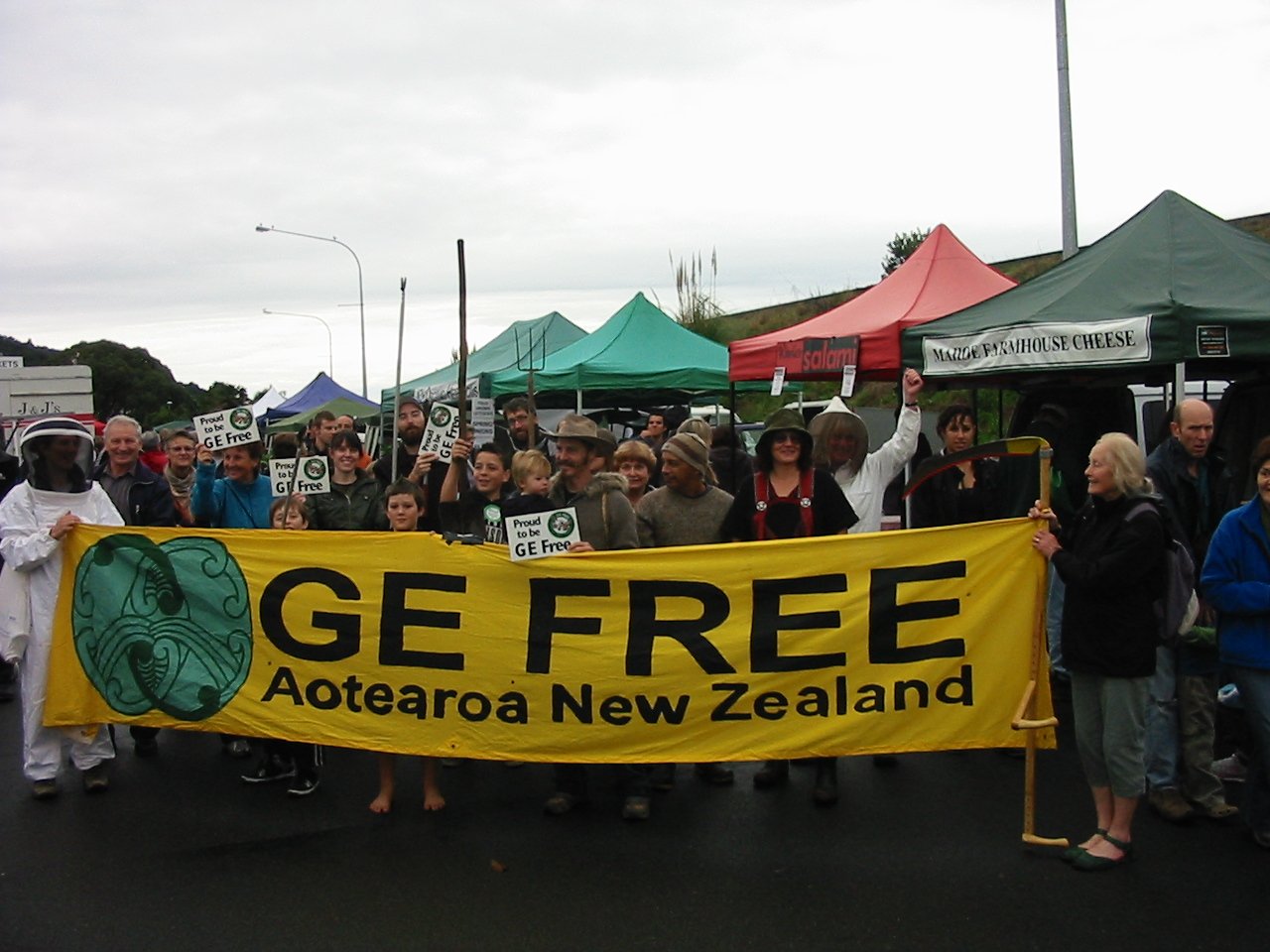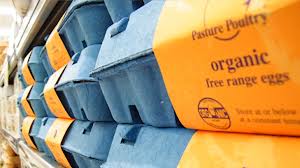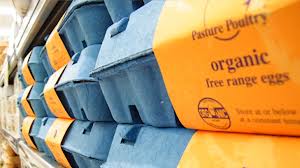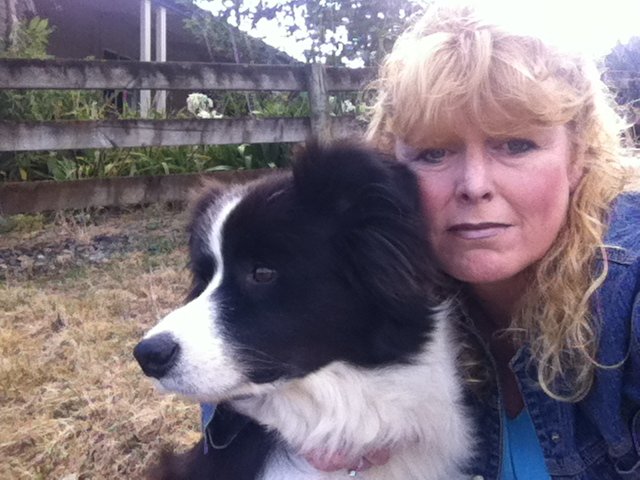Christmas comes early for the Organic Sector
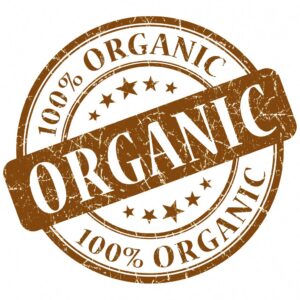
“This is an amazing Christmas present for the organic community and we’re delighted”, says Bailey Peryman, Co-Chairperson for the Soil & Health Association, welcoming the Government’s announcement to progress with a national standard for organic production next year.
“People want clean, safe food, and are increasingly turning to organic foods and products but it’s difficult to be sure that they really are organic. This legislation can provide certainty to everyone and build a clear definition of what the word ‘organic’ actually means.”
The national standard also opens a constructive forum for discussing the differences in practices across New Zealand. We recognise that there are a small number of organic practices and inputs that are currently certified that other producers might consider harmful for stock and the environment. It is critical that we focus on the qualitative outcomes for people – providing clear information about what is in our food and accurate labelling to guide families in making good food choices.
New Zealand is presented with a great opportunity to learn from the failures of organic regulation overseas. Primarily, that regulation needs to be managed by producers and consumers to maintain the integrity of organics within the standard.
Soil & Health has a long history of campaigning for these standards. It cautions that the adoption of a single National Organic Standard is holistic and must not disadvantage small growers and local markets.
“Many of our members are small-scale organic growers and producers who only sell their products locally, direct to their consumers and choose not to become certified due to the costs and effort involved. While all relevant businesses should comply with a new National Organic Standard, the framework of regulation needs to be proportional so not to unfairly disadvantage anyone” says Peryman.
“We are looking forward to working with Government and the sector to draft legislation which ensures that the oversight and integrity of organics is being upheld for the benefit of all”.
Bailey Peryman
Co-Chair, Soil & Health Association
bailey@organicnz.org.nz
advocacy@organicnz.org.nz
Photo: iStock ID:184813025

